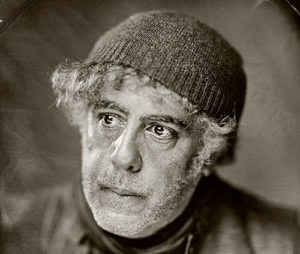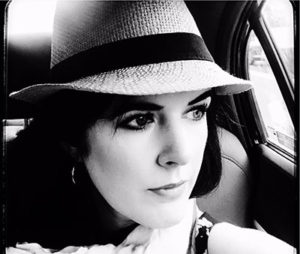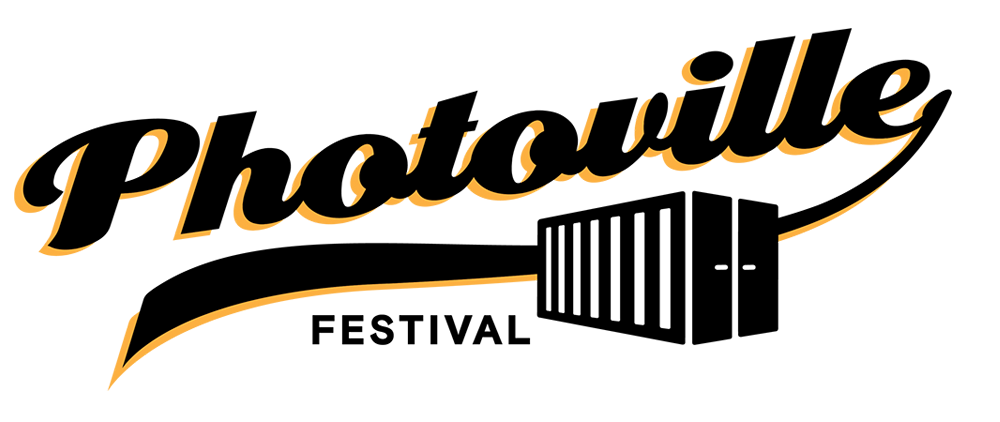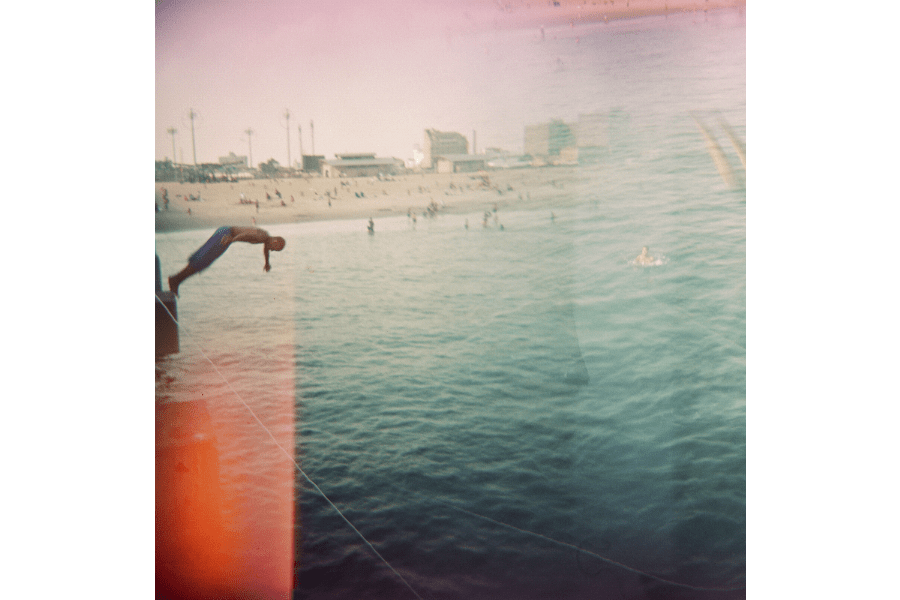
Ron Haviv is an Emmy nominated and award-winning photojournalist, film director, and co-founder of the photo agency VII, dedicated to documenting conflict and raising about human rights issues around the globe.
Haviv has produced an unflinching record of the injustices of war and his photography has had singular impact. His work in the Balkans, which spanned over a decade of conflict, was used as evidence to indict and convict war criminals at the international tribunal in The Hague. President George H.W. Bush cited Haviv’s chilling photographs documenting paramilitary violence in Panama as one of the reasons for the 1989 American intervention.
His first photography book, “Blood and Honey: A Balkan War Journal”, was called “One of the best nonfiction books of the year,” by The Los Angeles Times and “A chilling but vastly important record of a people’s suffering,” by Newsweek. His other monographs are “Afghanistan: The Road to Kabul”, “Haiti: 12 January 2010” and “The Lost Rolls” described by The Washington Post as “ The magical photos recovered from over 200 lost rolls of film… An odd family photo album in which the kin are the people and places that have defined global politics and culture in the past quarter century.” As a result Haviv created the national public archive, “Lost Rolls America”, preserving memories and images from previously undeveloped rolls of exposed film from the American public.
Haviv co-created and managed multi-platform projects for Doctors Without Borders’ “DR Congo: The Forgotten War” and “Starved for Attention”, UNICEF’s “Child Alert for Darfur and Sri Lanka” and the International Committee of the Red Cross’s “World at War”.
Haviv is the central character in six documentary films, including National Geographic Explorer’s Freelance in a World of Risk. He has provided expert analysis and commentary on ABC News, BBC, CNN, NPR, MSNBC, NBC News, GMA and The Charlie Rose Show and written Op-Eds for The New York Times and The Washington Post.
Haviv is the co-founder and director of The VII Foundation. He is currently co-directing two documentary films, Biography of a Photo and Picasso of Harlem.

Dr. Lauren Walsh is a professor at New York University and the founder and director of the NYU Gallatin Photojournalism Intensive. She is also the director of Lost Rolls America, a national archive of photography and memory. Walsh is the author of multiple books, including Conversations on Conflict Photography and Through the Lens: The Pandemic and Black Lives Matter, as well as publications on topics ranging from photojournalism and moral injury to documentation of war crimes to censorship. In addition to her appearances on CNN, BBC, and Al Jazeera, Walsh has appeared as an expert on photography in radio programs, podcasts, and films; and she lectures and leads workshops around the world, with an emphasis on photography ethics, visual literacy, and/or journalism safety and emotional wellbeing. Walsh specializes in conflict/crisis photography and peace journalism.





